Dell unveils generative AI solutions and services, in collaboration with Nvidia
Customers will be given assistance to adopt AI at any level of proficiency, with pre-built specializations in models such as chatbots provided by Nvidia
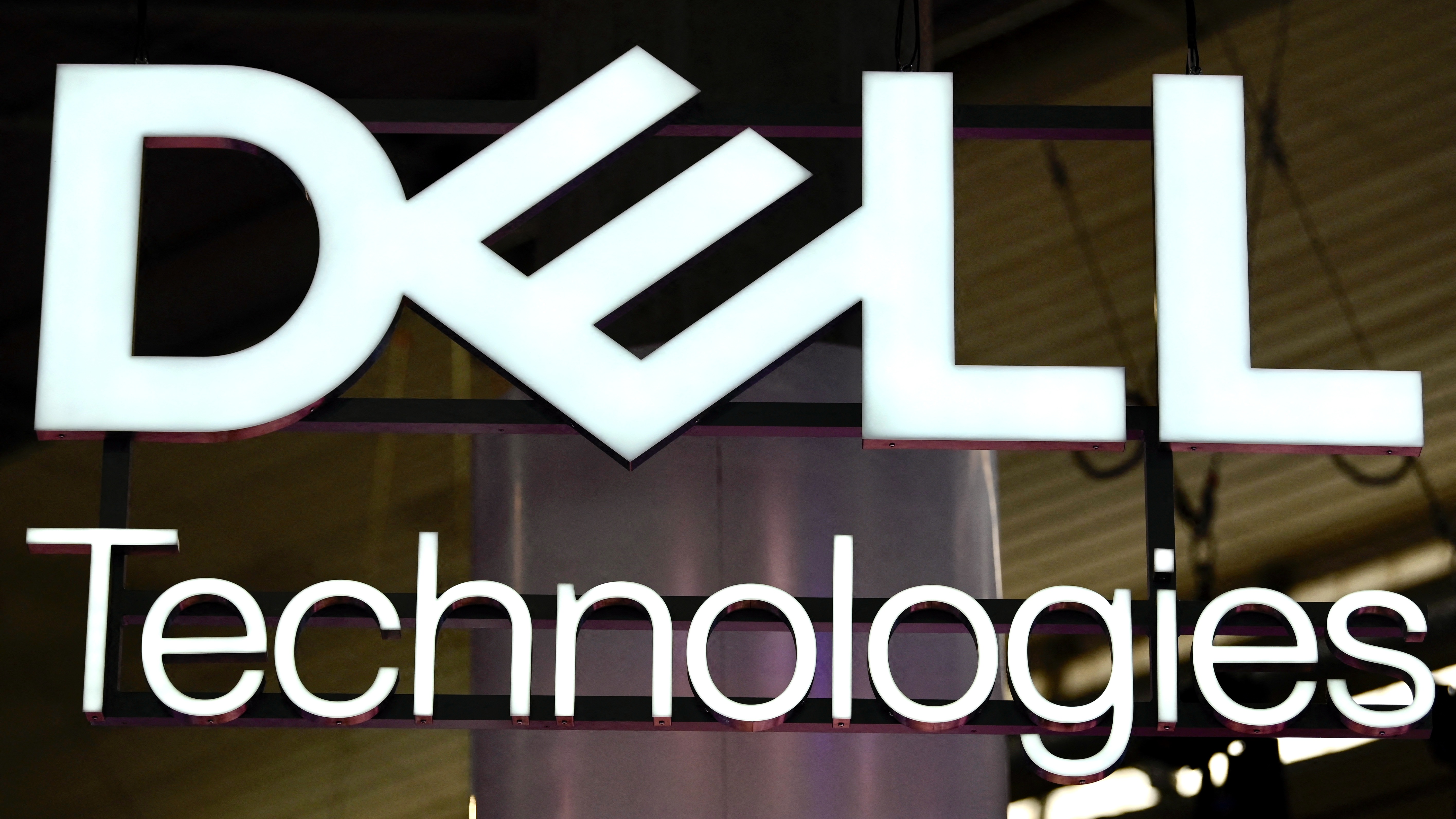

Dell Technologies has unveiled a new suite of products intended to help companies adopt on-prem generative AI across their stack, from any level of experience with the technology.
Dell Generative AI Solutions will provide customers with a suite of services that meet their diverse needs, which range from helping create models from scratch to providing inference and management assistance to companies
Through Dell Validated Design for Generative AI with Nvidia, the companies will work to help customers to expand the level of insights and inference from their existing AI models.
“As we talked to customers and tried to understand what the most urgent need was right now for enterprises, it was very clear that customers are looking to understand how they can take existing generative AI models that they have been either building from scratch or tuning with their data, and taking these to scale,” said Varun Chhabra, SVP ISG and telecom marketing at Dell Technologies.
Initial validated designs include one aimed at natural language generation and inference, with pre-built models that derive from Nvidia’s NeMo end-to-end AI framework. These could be used for image-generating models, chatbots, or industry-specific models such as those being introduced in a healthcare context.
The announcement expands on Dell Technologies’ announcement of Project Helix at Dell Technologies World in May, a joint project between Dell Technologies and Nvidia that provided customers with pre-built Nvidia foundation models for on-premises deployment.
Dell described the service as a ‘blueprint’ for generative AI, which brings together the compute, storage, and networking capabilities already available through Dell APEX and Nvidia’s hardware and software pedigree.
Get the ITPro daily newsletter
Sign up today and you will receive a free copy of our Future Focus 2025 report - the leading guidance on AI, cybersecurity and other IT challenges as per 700+ senior executives
“Whatever AI ‘language’ your model speaks, we want to help deploy that jointly between Dell and Nvidia,” said Chhabra.
Both companies have worked to establish proven Dell PowerEdge node configurations for business use, and the right amount of storage for AI applications. Chatbots, virtual assistants, marketing content generation, software development were all cited as potential use cases for AI deployed through the service.
Chhabra noted that customers could build and train their own model using GPU-intensive infrastructure with one of Dell’s CSPs or in the public cloud, and that Dell would then stand ready to deploy this at scale in their data center or at the edge using Validated Design for Generative AI and Professional Services for Generative AI.
Alternatively, they can task Dell and a channel partner to go away and build a model for them based on their needs.
“The keywords here are really flexibility and agility, helping customers wherever they are in their journey, however they want to drive this for their business.
Professional services for AI
Dell also announced Dell Professional Services for GenAI, an expansive range of services for customers that need assistance with planning, implementing, or managing generative AI.
This could take the form of a workshop between Dell and a customer to help them build a strategy for adopting AI, as well as optimize their existing processes and modernize their applications in advance of implementing AI into their stack.
RELATED RESOURCE
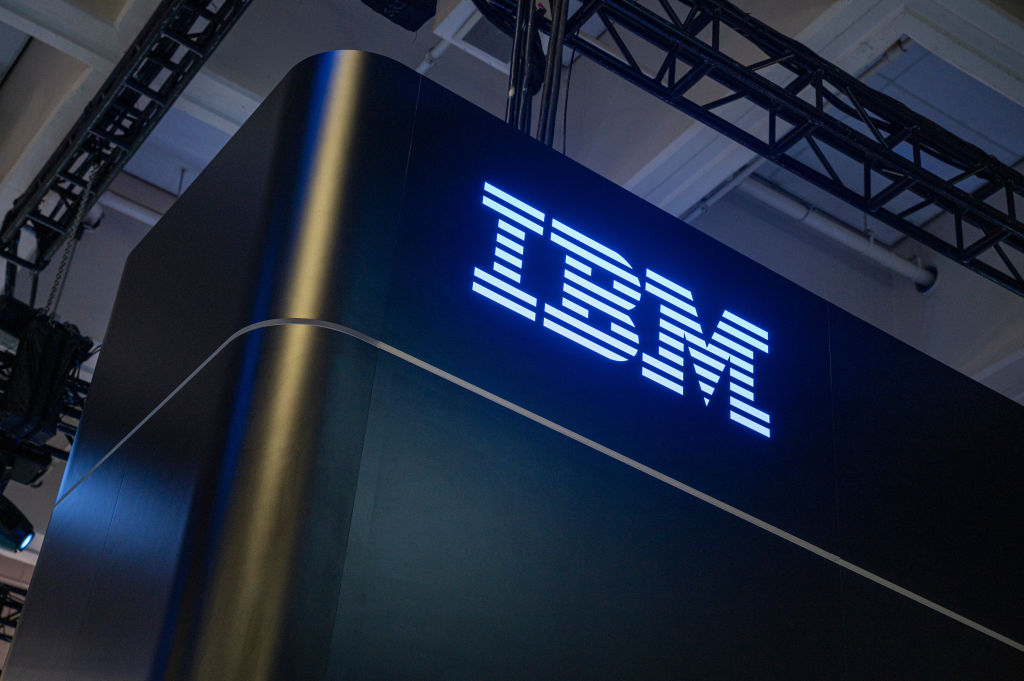
Observability for developers
Developers can utilize the benefits of Observability to notice critical changes, see into our black box services, and discern the true causes of errors. Learn how observability differs from monitoring.
Deployment and scaling crosses over with Dell Validated Design for Generative AI. Dell has drawn a line between implementing AI systems, and deriving tangible benefits from them through inference.
The service will seek to help customers that have already implemented AI within their stack, but have yet to meet all their use cases with the technology.
For example, a customer may have trained a large language model (LLM) on their proprietary data, but not yet applied that to a customer-facing chatbot or internal knowledge search engine.
Customers have the choice to use Dell’s managed services to offload the burden of managing and implementing these systems, regardless of how mature their AI systems are at the point of purchase.
“Dell’s AI solutions offer enterprises the potential to right-size their GenAI efforts and help streamline operations as customers look to quickly deliver products and services across industry-specific use cases,” said Ashish Nadkarni, group vice president and general manager, worldwide infrastructure and BuyerView research, IDC.
“In the era of intelligent automation, Dell Technologies is meeting organizations wherever they are in their GenAI journey, helping them position themselves for success in an increasingly intelligent and technology-driven world.”
Dell will also offer customers who are further ahead with AI one-on-one meetings with resident AI experts, and educational sessions for internal stakeholders to give them a good idea of how to derive the most value from AI.
“Dell’s AI solutions offers enterprises the potential to right-size their GenAI efforts and help streamline operations as customers look to quickly deliver products and services across industry-specific use cases,” said Ashish Nadkarni, group vice president and general manager, worldwide infrastructure and BuyerView research, IDC.
“In the era of intelligent automation, Dell Technologies is meeting organizations wherever they are in their GenAI journey, helping them position themselves for success in an increasingly intelligent and technology-driven world.”
Next-generation AI hardware
As part of its push for companies to develop on-prem AI models, Dell also announced a series of upgraded Precision Workstations - the 7960, 7865, and 5860 towers.
Up four Nvidia RTX 6000 Ada generation GPUs are contained within each workstation, to provide power that Dell says will provide end users to run AI software 80% faster than Dell’s previous generation Precision Workstations.
The new workstations run Dell Optimizer, an AI software that learns from user patterns to ensure that frequently-used applications run as smoothly as possible and without requiring undue energy use.
A Dell spokesperson told ITPro that workstations are ideal for developers looking to run AI workloads in a sandboxed environment.
“Generative AI can help every enterprise transform its data into intelligent applications that enable them to solve complex business challenges,” said Manuvir Das, VP Enterprise Computing at Nvidia.
“Dell Technologies and Nvidia are building on our long-standing relationship to enable organizations to harness this capability to better serve their customers, more fully support their employees, and fuel innovation across their operations.”
Dell Validated Design for Generative AI with Nvidia is now available through Dell Technologies’ existing channels and through Dell APEX.
Dell Professional Services for Generative AI are now available in countries including the United States, United Kingdom, Germany, Mexico, Brazil, Saudi Arabia, and the United Arab Emirates as well as through Dell channel partners.
Dell has stated more countries will be made available in time, and ITPro has contacted Dell for more information on the specific regions in which the professional services are currently available.

Rory Bathgate is Features and Multimedia Editor at ITPro, overseeing all in-depth content and case studies. He can also be found co-hosting the ITPro Podcast with Jane McCallion, swapping a keyboard for a microphone to discuss the latest learnings with thought leaders from across the tech sector.
In his free time, Rory enjoys photography, video editing, and good science fiction. After graduating from the University of Kent with a BA in English and American Literature, Rory undertook an MA in Eighteenth-Century Studies at King’s College London. He joined ITPro in 2022 as a graduate, following four years in student journalism. You can contact Rory at rory.bathgate@futurenet.com or on LinkedIn.
-
 Bigger salaries, more burnout: Is the CISO role in crisis?
Bigger salaries, more burnout: Is the CISO role in crisis?In-depth CISOs are more stressed than ever before – but why is this and what can be done?
By Kate O'Flaherty Published
-
 Cheap cyber crime kits can be bought on the dark web for less than $25
Cheap cyber crime kits can be bought on the dark web for less than $25News Research from NordVPN shows phishing kits are now widely available on the dark web and via messaging apps like Telegram, and are often selling for less than $25.
By Emma Woollacott Published
-
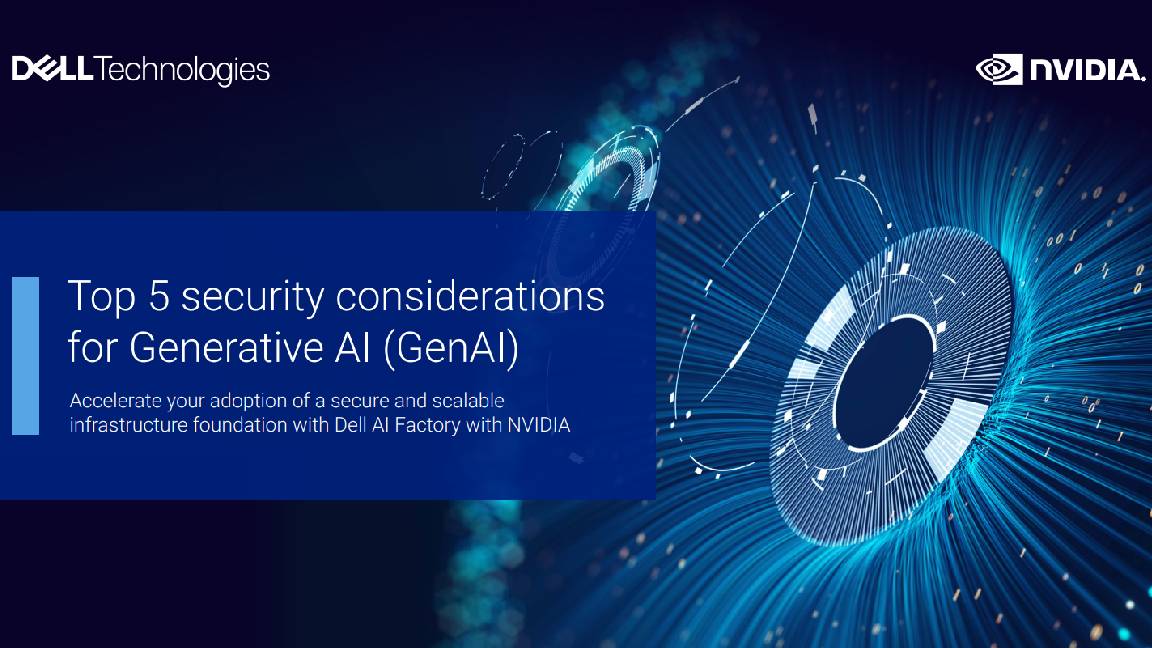 Top five security considerations for Generative AI (Gen AI)
Top five security considerations for Generative AI (Gen AI)whitepaper Protection across AI attack vectors
By ITPro Published
-
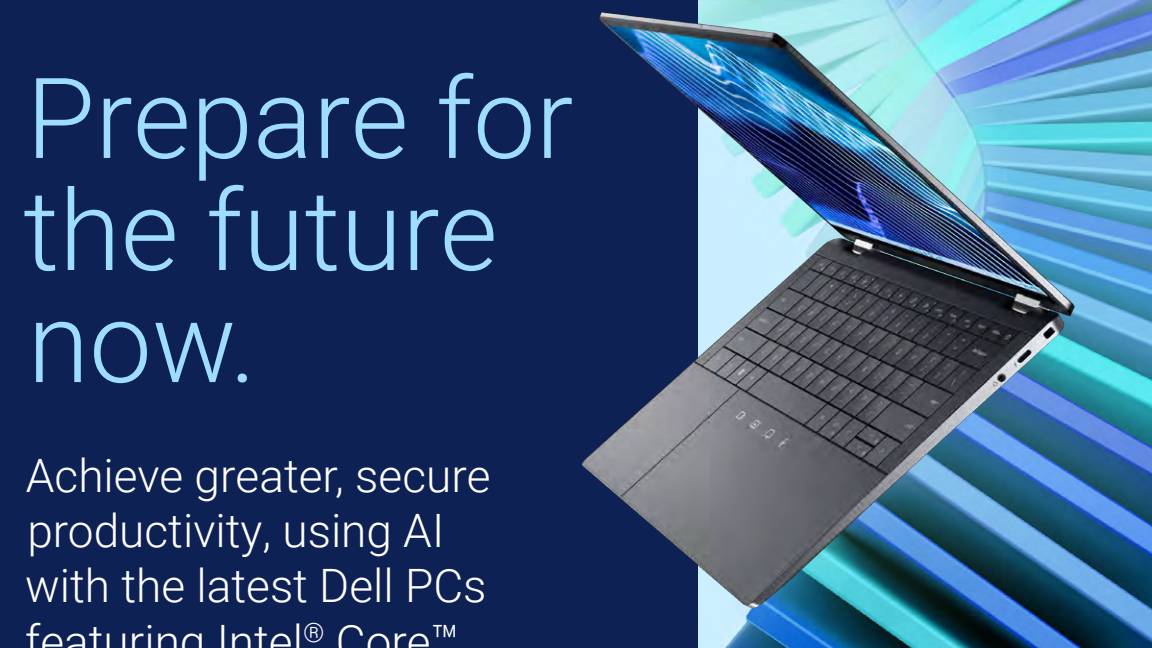 Prepare for the future now. Achieve greater, secure productivity, using AI with the latest Dell PCs powered by Intel® Core™ Ultra and Copilot
Prepare for the future now. Achieve greater, secure productivity, using AI with the latest Dell PCs powered by Intel® Core™ Ultra and Copilotwhitepaper Protection across AI attack vectors
By ITPro Published
-
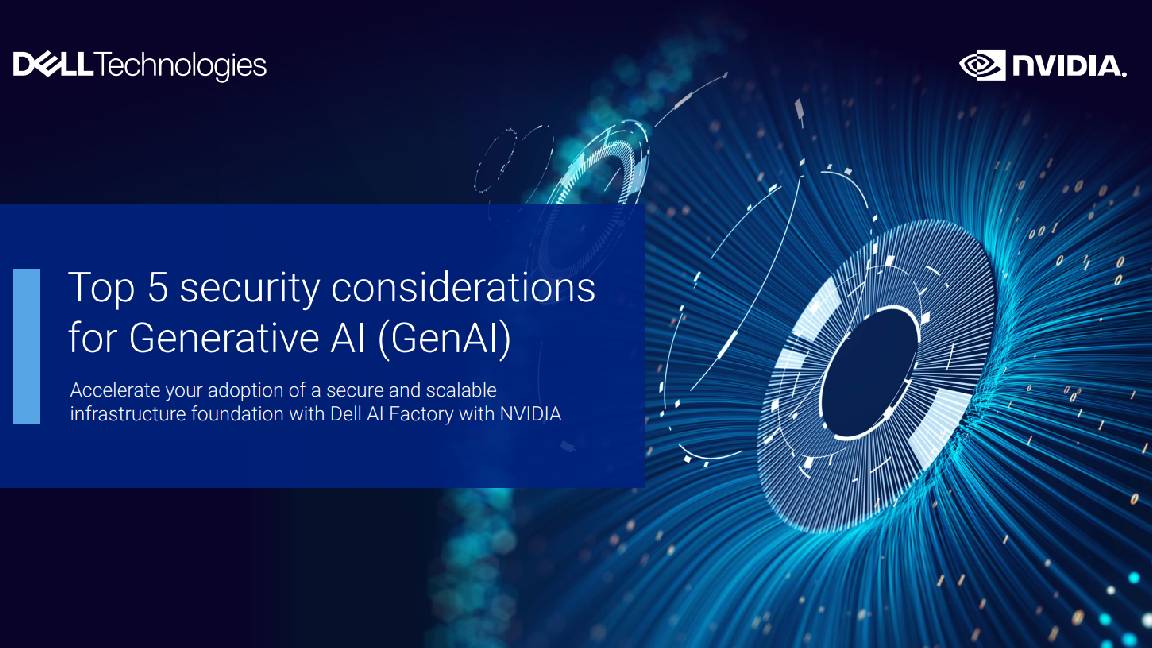 Top five security considerations for generative AI (Gen AI)
Top five security considerations for generative AI (Gen AI)whitepaper Accelerate your adoption of a secure and scalable infrastructure foundation with Dell AI Factory with NVIDIA
By ITPro Published
-
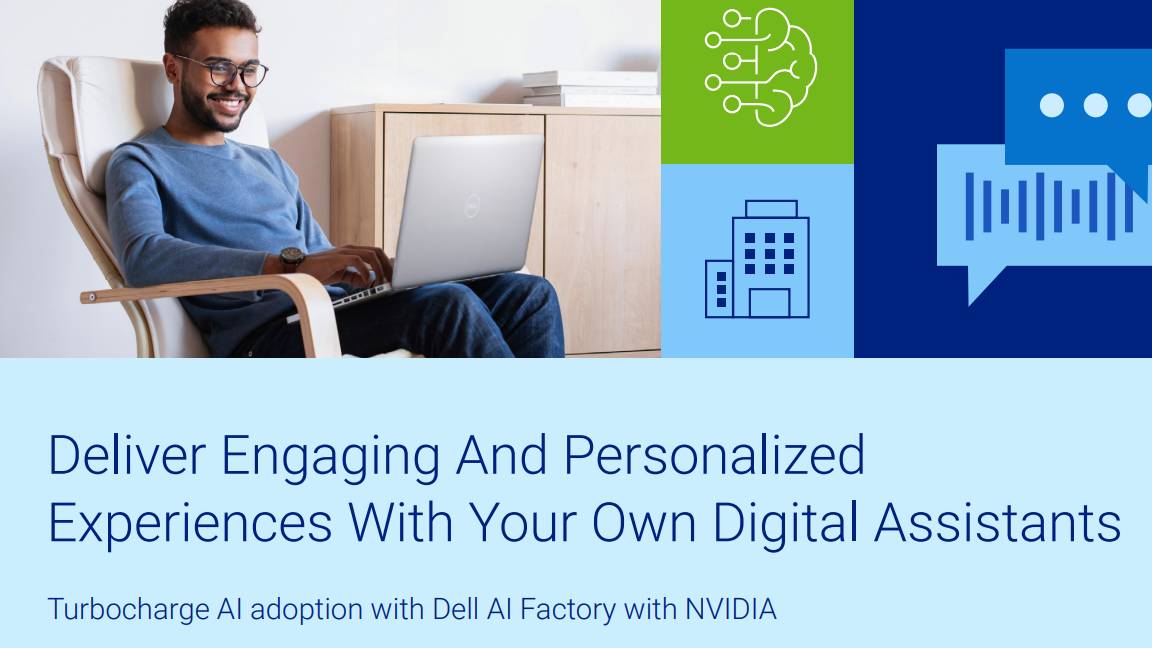 Deliver engaging and personalized experiences with your own digital assistants
Deliver engaging and personalized experiences with your own digital assistantswhitepaper Protection across AI attack vectors
By ITPro Published
-
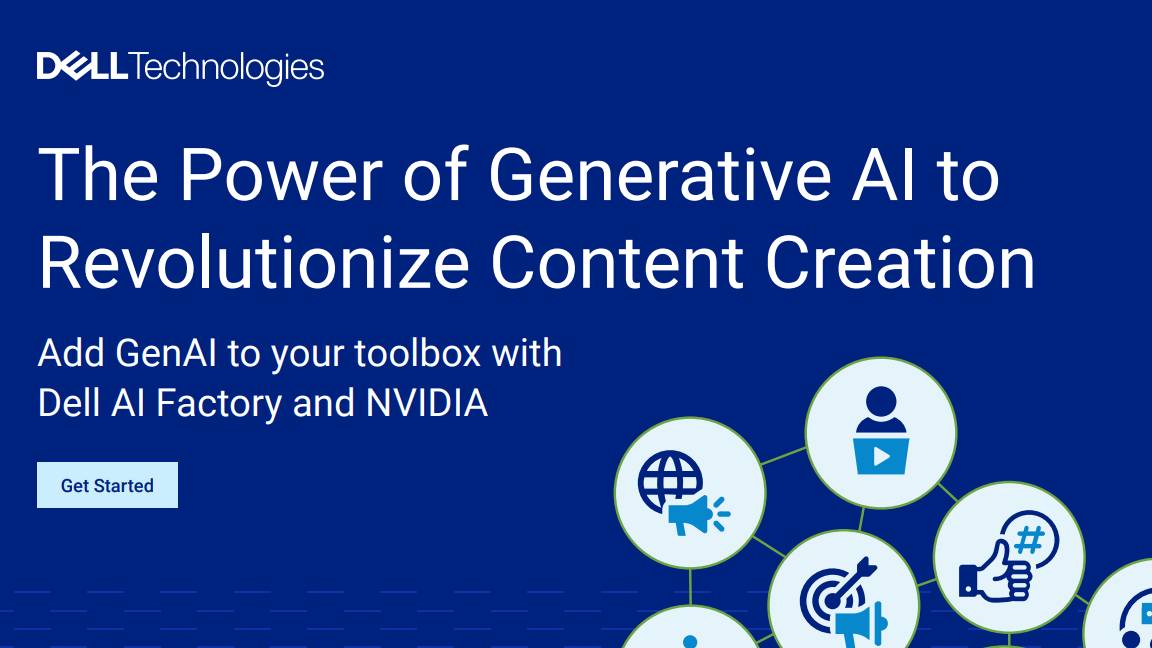 The power of generative AI to revolutionize content creation
The power of generative AI to revolutionize content creationwhitepaper Protection across AI attack vectors
By ITPro Published
-
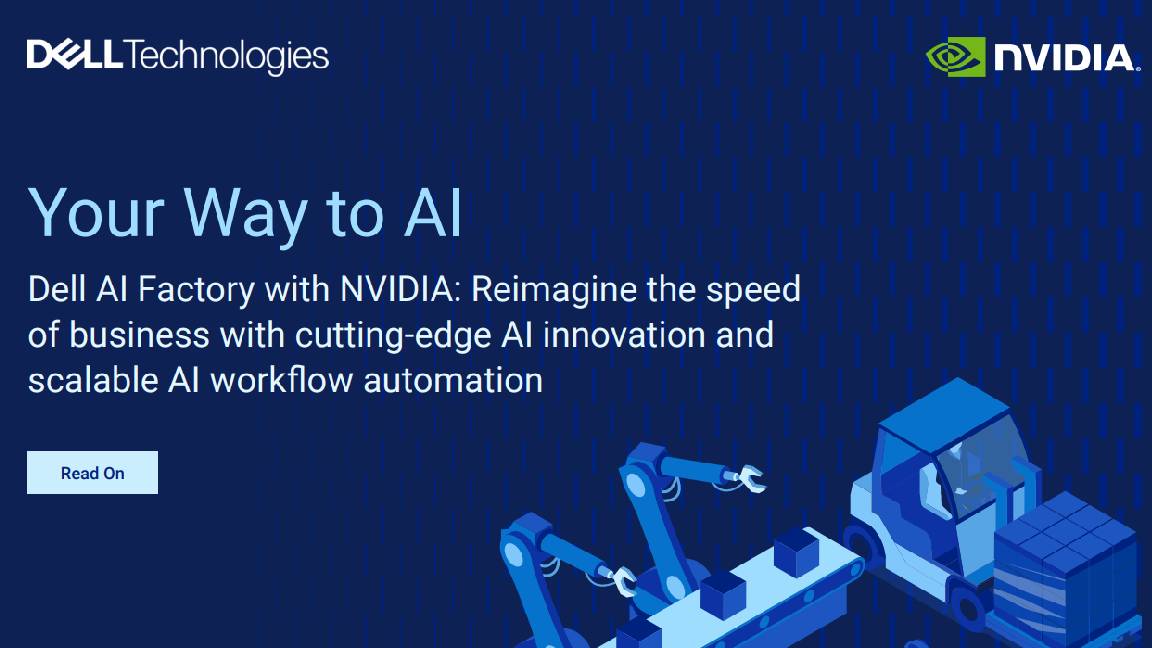 Your way to AI
Your way to AIwhitepaper Protection across AI attack vectors
By ITPro Published
-
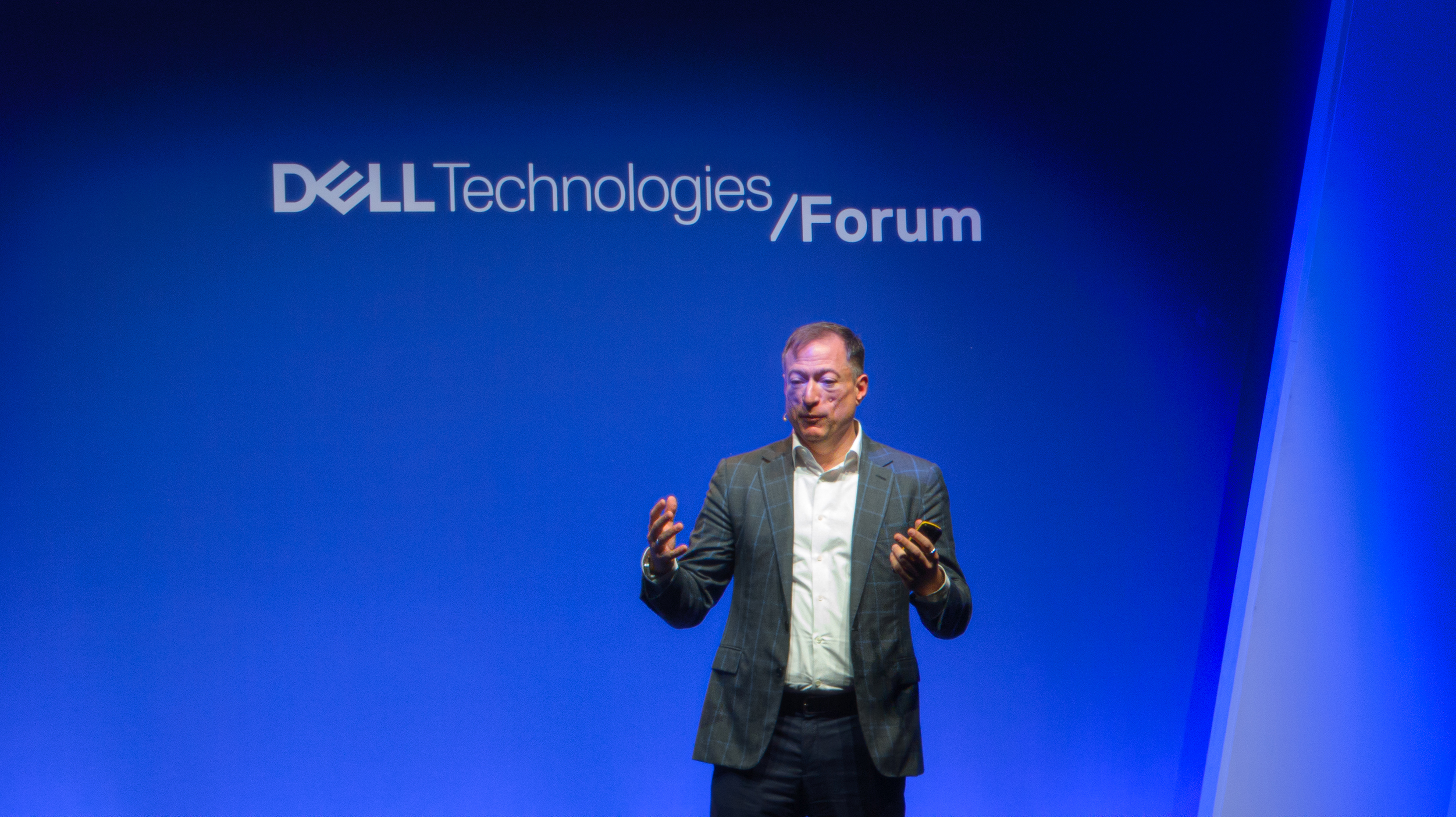 Dell Technologies CTO: ROI on AI should be the number one focus for execs
Dell Technologies CTO: ROI on AI should be the number one focus for execsChasing workforce consensus or playing it safe may cost firms far more in the long run than making decisive moves on AI now and learning from their results
By Rory Bathgate Published
-
 Maximize your data insights with AI
Maximize your data insights with AIwhitepaper Chart your path to success by unlocking the power of your data
By ITPro Published